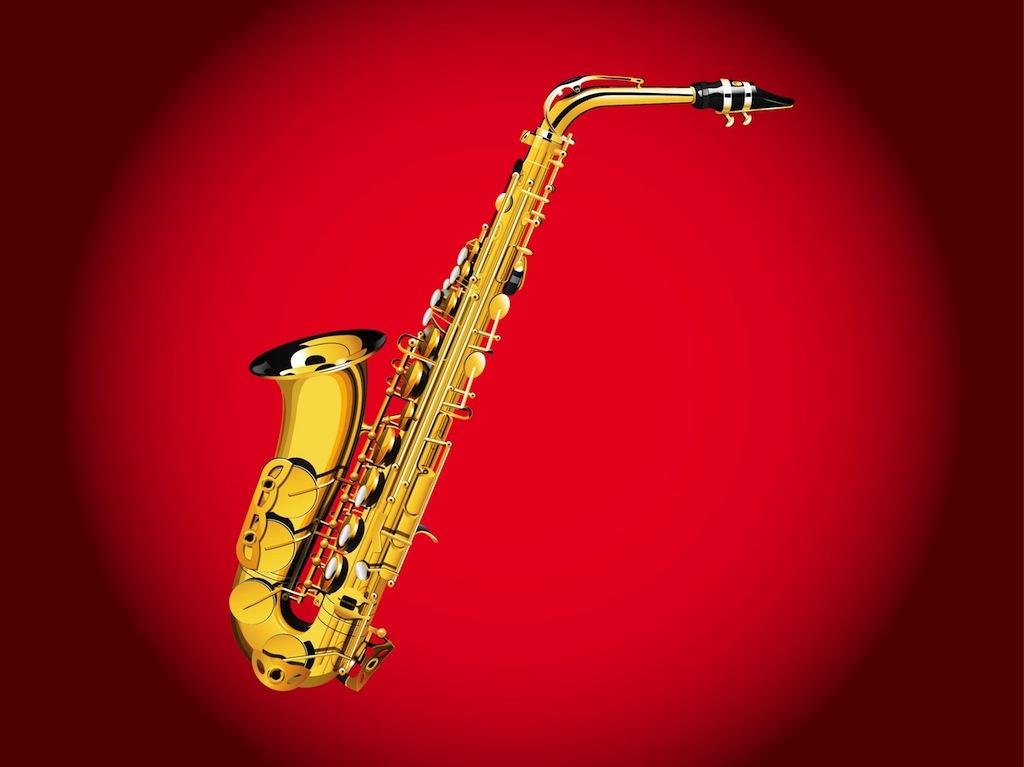
Get the latest articles delivered directly to your inbox!
Our Contributors
Class of 2022
Kyle Duke
Austin Foster
Charlotte Leblang
Ross Lordo
Class of 2021
Dory Askins
Connor Brunson
Keiko Cooley
Mason Jackson
Class of 2020
Megan Angermayer
Carrie Bailes
Leanne Brechtel
Hope Conrad
Alexis del Vecchio
Brantley Dick
Scott Farley
Irina Geiculescu
Alex Hartman
Zegilor Laney
Julia Moss
Josh Schammel
Raychel Simpson
Teodora Stoikov
Anna Tarasidis
Class of 2019
Michael Alexander
Caitlin Li
Ben Snyder
Class of 2018
Alyssa Adkins
Tee Griscom
Stephen Hudson
Eleasa Hulon
Hannah Kline
Andrew Lee
Noah Smith
Crystal Sosa
Jeremiah White
Jessica Williams
Class of 2017
Carly Atwood
Laura Cook
Ben DeMarco
Rachel Nelson
Megan Epperson
Rachel Heidt
Tori Seigler
Class of 2016
Shea Ray
Matt Eisenstat
Eric Fulmer
Geevan George
Maglin Halsey
Jennifer Reinovsky
Kyle Townsend
Join USCSOMG students on their journeys to becoming exceptional physician leaders.

Not Your Cookie-Cutter Med Student
In case you’ve ever wondered, medicine is not a cookie-cutter career path. If you’ve ever thought there is one so-called “right” way to become a doctor, you would be wrong. There is no “right” undergraduate major or “right” life experience that qualifies you for medical school.
Believe me, I know this can be surprising for a lot of people, maybe even for you! And you wouldn’t be the first to be surprised by some of the paths that your doctors have taken to become who they are today.
Personally, I have heard this type of surprise over and over again during my college years, and I’m sure I will continue to hear it for the rest of my career when people find out what my undergraduate major was. So I’ll tell you—I was a music major. More specifically, I intentionally chose to study the saxophone with the intention of going to medical school.
 Now hold on just a moment, I know the kinds of questions you’re thinking. You’re wondering why. Why would anyone choose to study two seemingly polar opposite things? Why would anyone spend so much time and energy studying something that doesn’t relate to an intended career? Why would I let myself be at a perceived “disadvantage” when entering graduate study in the sciences? WHY?
Now hold on just a moment, I know the kinds of questions you’re thinking. You’re wondering why. Why would anyone choose to study two seemingly polar opposite things? Why would anyone spend so much time and energy studying something that doesn’t relate to an intended career? Why would I let myself be at a perceived “disadvantage” when entering graduate study in the sciences? WHY?
The simple answer is that to be a good doctor, you must be passionate about what you are doing, and that is something that is practiced during the years before entering medical school. To be a good doctor, you need to love being a doctor so much that you are willing to throw yourself into care of patients, and lifelong learning, and research, and relentless pursuit of excellence. Regardless of how much you shadow physicians during your undergraduate years, you will not be able to become that passionate about your work by flipping a switch when you start medical school. You need to pursue an undergraduate interest that excites you and that will allow you to practice being passionate about your work every single day.
Music did that for me. Music is something that I absolutely love, and since it doesn’t matter what your major course of study is before medical school, I chose to pursue something that I was personally passionate about, but which I did not want to do for my career. Many of my classmates have passions outside of medicine, too, ranging from philosophy to public policy to bioengineering to athletics to social justice. For all of us, none of these interests supersede our desire to help people through medicine, but instead they complement our overarching desire and make us into well-rounded passionate people who will (hopefully) be better equipped to make a difference in the world.
If you are considering applying to medical school, or if you know someone who is, practice being passionate about something, and then use the lessons you learn in that field to become a better doctor. Learn about the arts and think about what it means for medicine to be both an art and a science. Study history and human rights and apply those ideas to patient rights, medical ethics or healthcare reform. Learn about biology and think about the complexity and sanctity of life. Cultivate a passion for the outdoors and consider using skills in resourcefulness and risk-taking within a medical realm.
Whatever you do before medical school, remember that in order to reach every type of patient, we need every kind of doctor. Our backgrounds, however different, give us unique skills and abilities to serve all kinds of people in our community. Hopefully our diverse passions will intersect with our medical training to help us do that well.
Transforming Medical School Blog
Copyright 2021 USC School of Medicine Greenville


